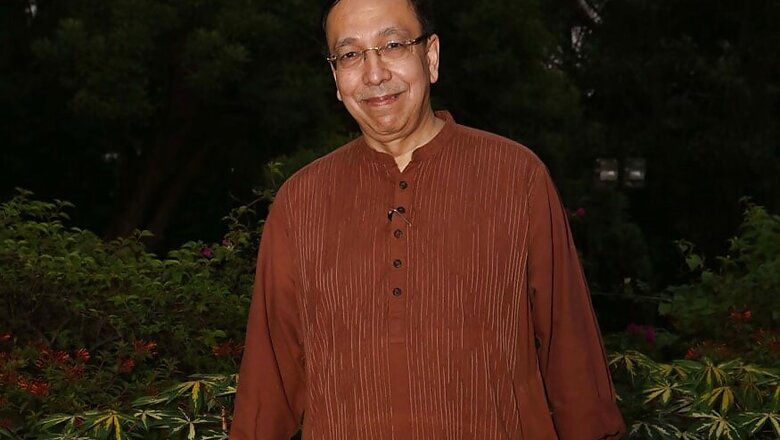
views
Kolkata: Calling India’s 10 rank-fall in the Global Democracy Index an expected result, former TMC MP and grandnephew of Subhash Chandra Bose, Sugata Bose, on Thursday said the Indian government was acting more and more like its colonial predecessor.
“During a decade that has witnessed the global rise of right-wing democratically elected authoritarianism, India has seen the rise of religious majoritarianism,” Bose, a history professor at Harvard University, told News18.com over the phone.
Extending his support to the nationwide protests against the contentious Citizenship Amendment Act, he said he hopes people will continue to resist the “discriminatory law and re-establish a genuine democracy in India”.
While calling the democracy index report as unfortunate, Bose said the findings were not “unusual”. The survey attributed ‘the democratic regression’ to ‘an erosion of civil liberties in the country’. India was at its lowest position since the rankings were instituted in 2006.
Bose also cited the example of his granduncle Netaji, which the right-wing ecosystem has tried to appropriate as its icon, as a sign of the growing majoritarianism. Bose said: “Netaji’s military heroism sounds hollow if divorced from his unequivocal commitment to religious harmony.”
“Netaji successfully united Hindus, Muslims, Sikhs and Christians in the struggle for freedom based on his commitment to equal rights and respect for all as well as his enlightened philosophy of cultural intimacy among India’s diverse communities. He won the implicit trust of the minorities as no one else had, not even Mahatma Gandhi,” he told News18.
Just like Netaji was not all about military heroism, Bose said Gandhian values cannot be reduced to just a cleanliness campaign. “Both exemplary lives need to be rescued from vacuous state propaganda and the distortions of fake history,” he added.
The present dispensation, he said, was re-enacting the “lawless laws” of the colonial era as it confuses majoritarianism with democracy and uniformity with unity while turning its back on the best traditions of India’s anti-colonial nationalism.
“It seeks to extract the allegiance of India’s diverse populace through coercive control from the centre, thereby provoking greater alienation instead of nurturing a sense of belonging to the Indian Union,” he said.

















Comments
0 comment